As the National Defense Authorization Act (NDAA) takes center stage in shaping the future of the United States Department of Defense, Congress missed a crucial opportunity to prioritize the well-being of our nation's veterans.
Amendments that would have expanded access to cannabis and psychedelics for medical purposes were recently rejected in a Rules Committee vote, leaving veterans stranded in their ongoing battle against post-traumatic stress disorder (PTSD) and other ailments.
One such amendment, sponsored by Rep. Dan Crenshaw, sought to create a DOD grant program funding research on the therapeutic benefits of psilocybin and MDMA for treating PTSD and traumatic brain injury (TBI).
Surprisingly, this proposal garnered support from both Democrats and Republicans, only to be dismissed due to stricter oversight requirements. The decision highlights the government's enduring failure to recognize the urgent need for innovative solutions in veterans' healthcare.
Additionally, a cannabis-related amendment, put forth by House Veterans Affairs Chair Mark Takano, proposed establishing a medical cannabis pilot program for veterans in the VA health care system. This initiative aimed to grant access to medical cannabis for veterans diagnosed with PTSD, depression, or anxiety.
Nevertheless, it was also blocked from inclusion in the NDAA, denying veterans a potentially safer and more effective alternative to traditional treatments.
These decisions are a blow to the countless veterans who have found relief and improved quality of life through the use of cannabis and psychedelics. Multiple studies, including a recent survey of over 500 military veterans, demonstrate that medicinal cannabis can lead to a greater quality of life and a reduced reliance on prescription and over-the-counter medications. It is disheartening to see the government overlook such compelling evidence in favor of over-politicized and antiquated stances on cannabis and psychedelics.
The consequences of these omissions are far-reaching. Veterans are left to grapple with debilitating conditions, struggling to access effective treatment options. For those who have exhausted traditional remedies, cannabis and psychedelics offer new hope, paving the way for innovative approaches in managing mental health issues.
Moreover, veterans are being denied access to potential breakthroughs in mental health treatments. Rep. Ken Buck's proposal, which recommended recognizing MDMA as a viable treatment for PTSD, aimed to push the Department of Veterans Affairs (VA) to develop a plan for its approval. This decision represents a missed opportunity to explore promising avenues of healing for our brave servicemen and women.
Congress must acknowledge the growing support for marijuana reform and the positive impact it has on veterans. Medicinal cannabis can serve as a crucial harm-reduction tool, reducing the need for numerous pharmaceutical medications and other substances that often come with dangerous side effects. Veterans deserve access to alternative treatments that have shown real promise in alleviating their suffering.
It is long-past time for the government to prioritize the well-being of our veterans over outdated misconceptions about cannabis and psychedelics. By supporting these and similar amendments, Congress can take a significant step towards honoring the service and sacrifice of our veterans. Failure to do so will perpetuate the government's neglect of the very heroes it should be standing beside.
As the debates on marijuana reform and psychedelics continue, we implore Congress to seize the opportunity to enact meaningful change for veterans. Let us not overlook the overwhelmingly positive results veterans have experienced firsthand with both cannabis and psychedelics. By including these amendments in the NDAA, our government can finally demonstrate its unwavering commitment to those who have risked their lives to protect our nation's freedom.
Additional information on Marijuana and Veterans is available from the NORML Fact Sheet, Marijuana and Veterans Issues.’
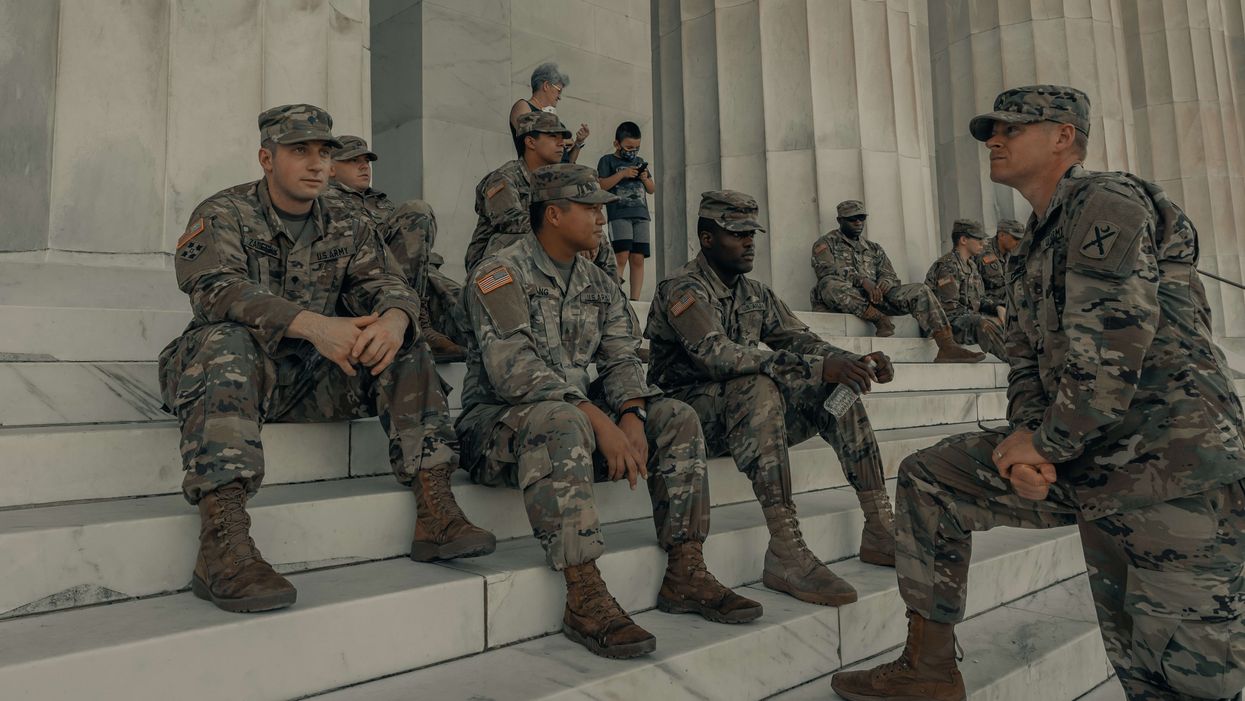






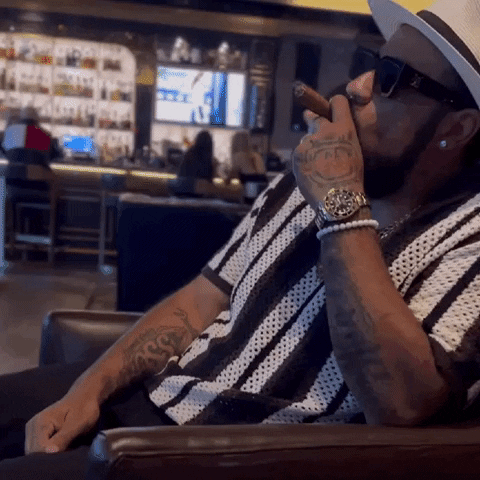 Cigar smoking in a bar....
Cigar smoking in a bar.... 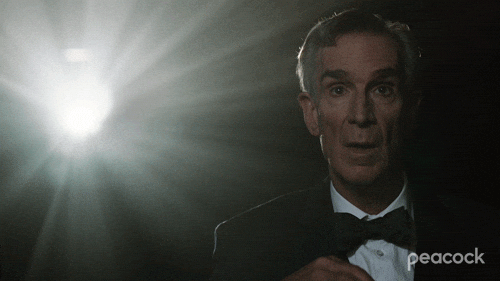 Movie theater as consumption space? Not a bad idea.....
Movie theater as consumption space? Not a bad idea..... 






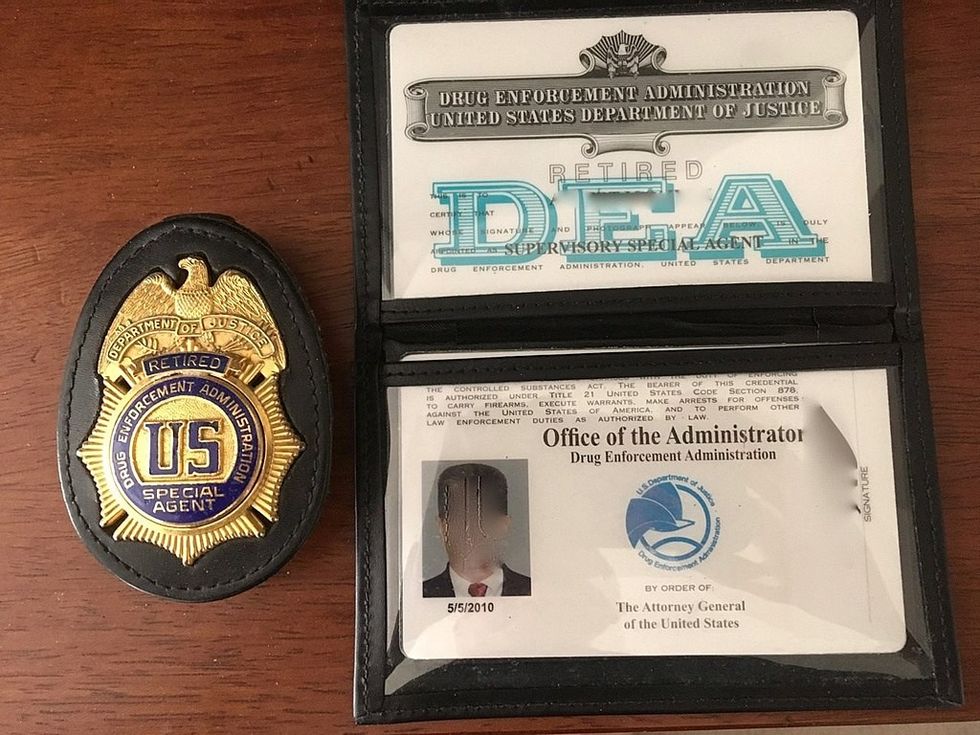 DEA prohibited from randomly searching passengers at airports and other transport hubs - The Bluntness
commons.wikimedia.org
DEA prohibited from randomly searching passengers at airports and other transport hubs - The Bluntness
commons.wikimedia.org

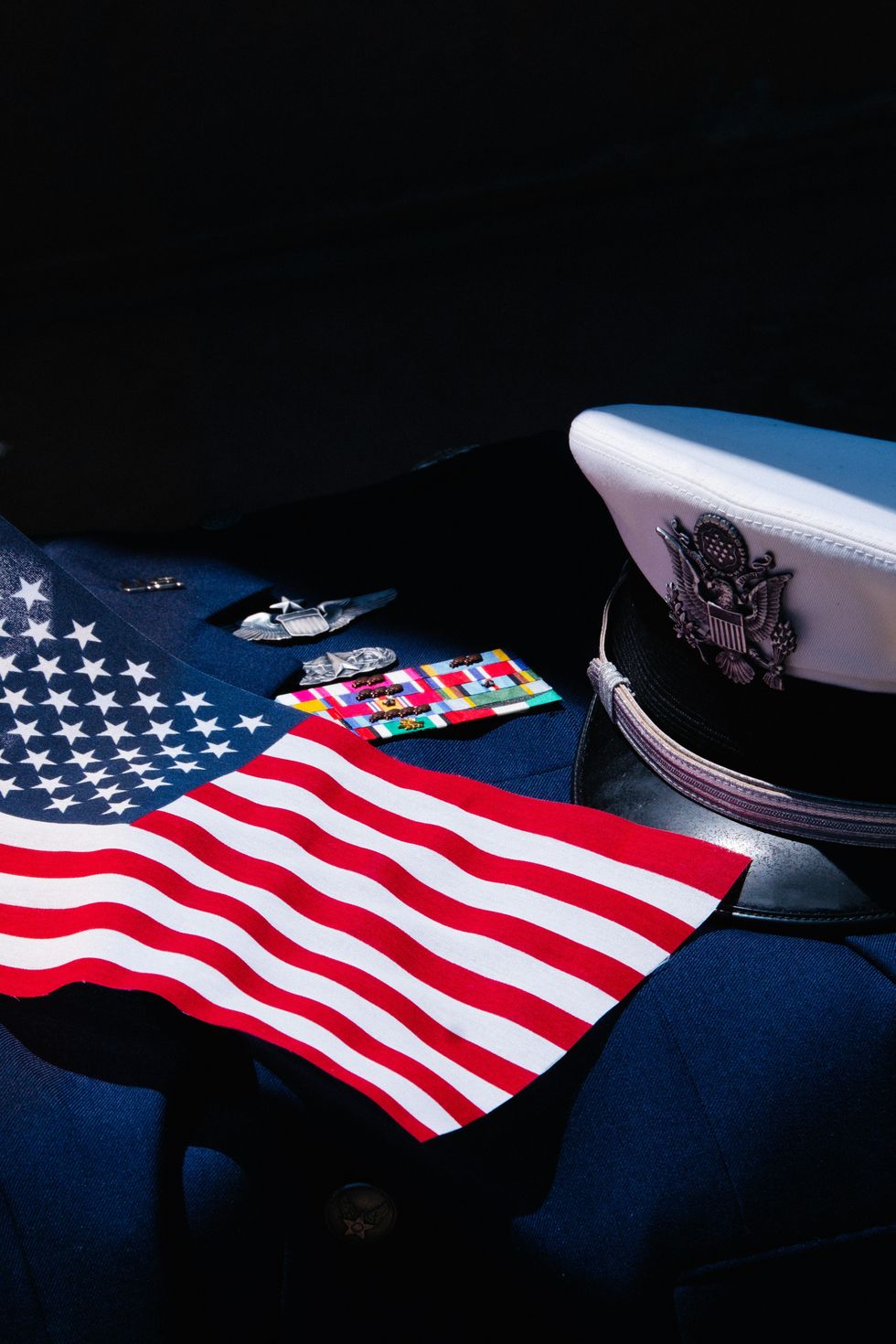 FDA Approves Landmark Cannabis for PTSD in Veterans - The Bluntness
Photo by Wesley Tingey on Unsplash
FDA Approves Landmark Cannabis for PTSD in Veterans - The Bluntness
Photo by Wesley Tingey on Unsplash


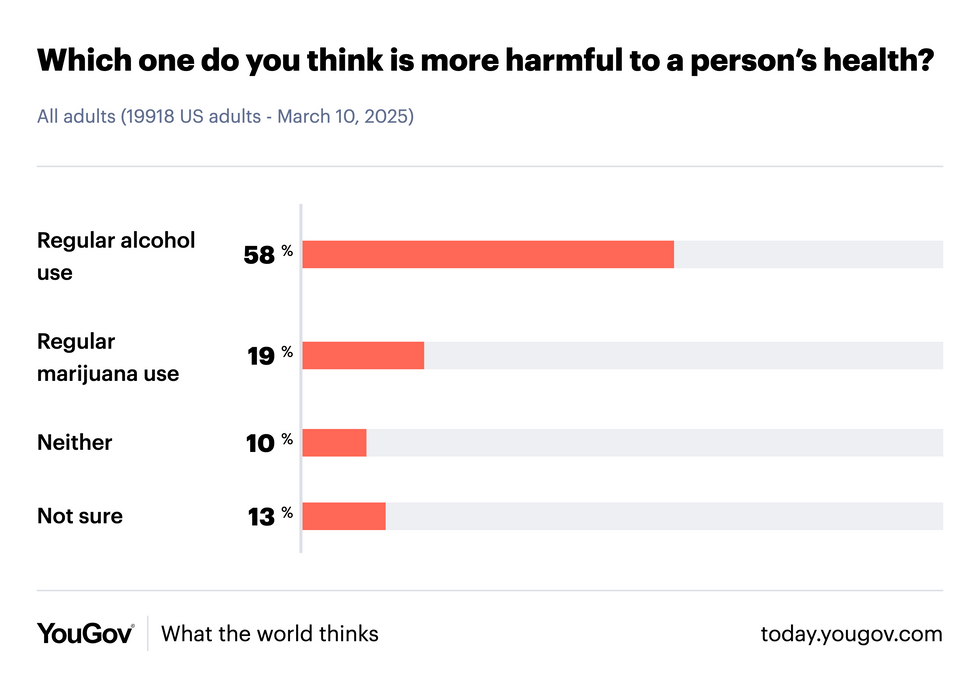 YouGov survey results - alcohol vs. marijuana
YouGov survey results - alcohol vs. marijuana 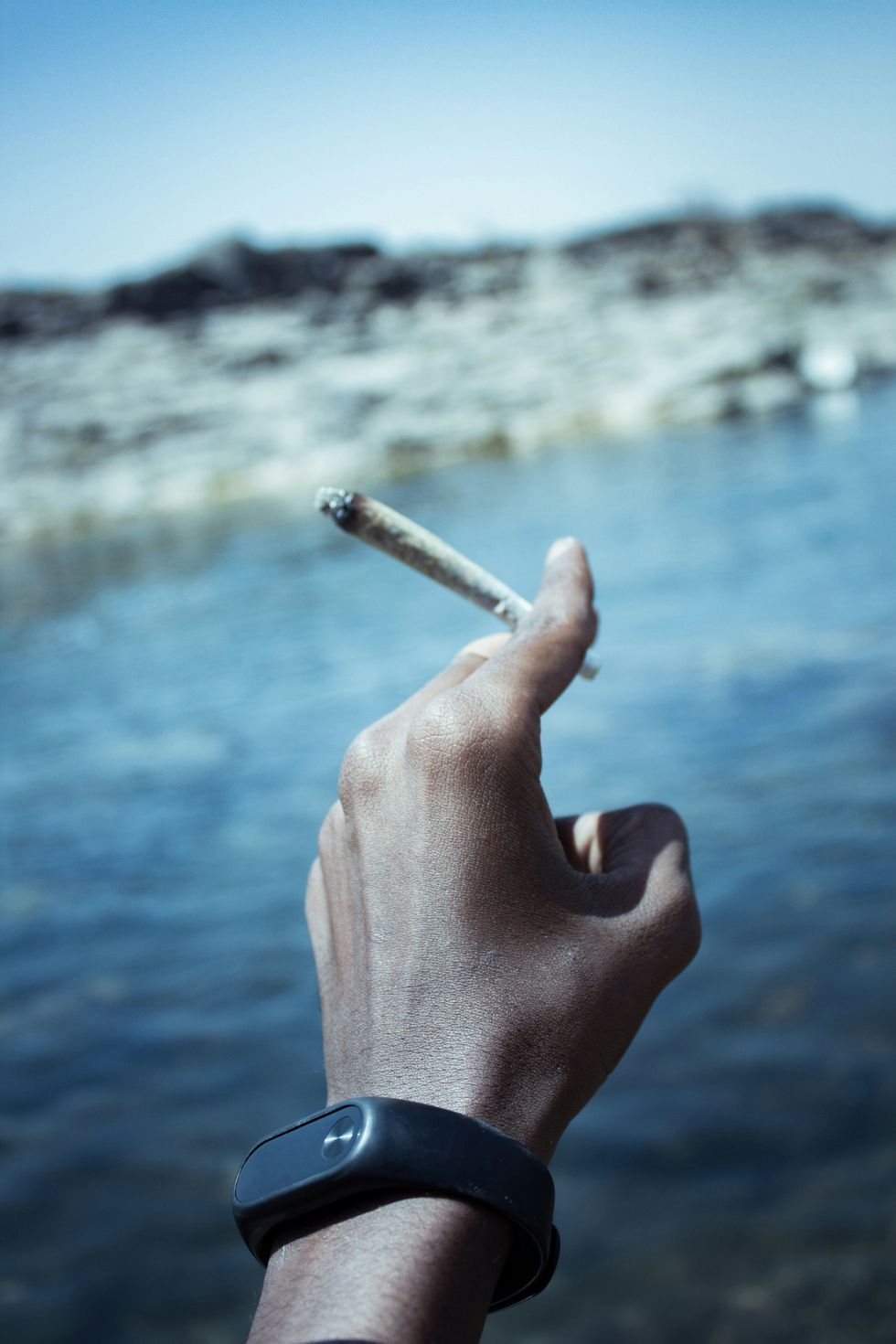 Weed’s Image Glow-Up Is Real
Photo by
Weed’s Image Glow-Up Is Real
Photo by